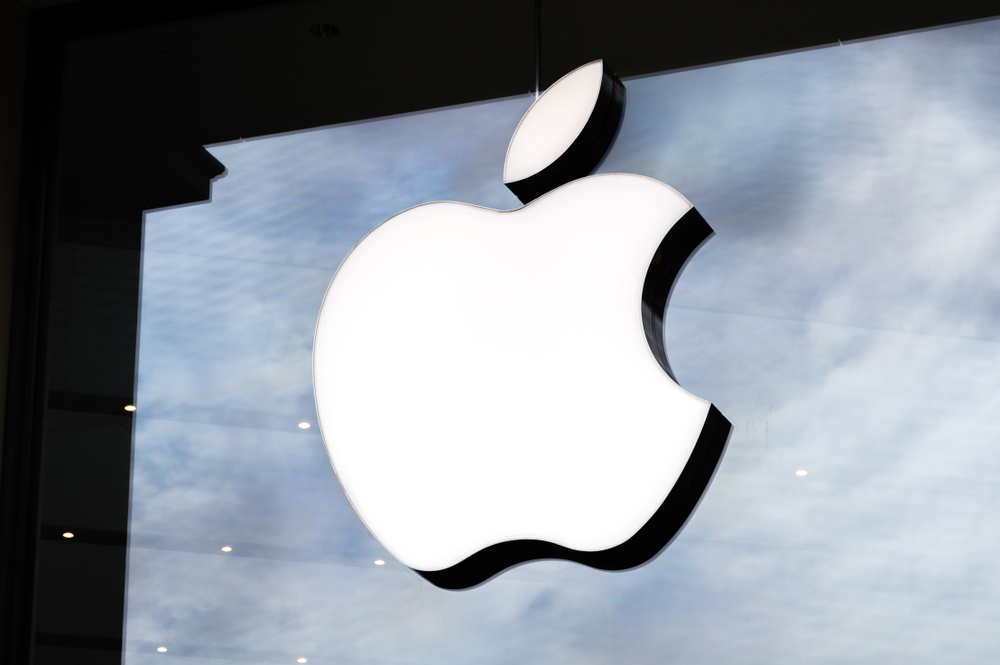Apple is working with startup Anthropic to develop a new platform that uses AI to automate the writing, editing, and testing of software code. It is a modified version of Xcode, Apple’s integrated development environment for OS X and iOS, with the integration of Anthropic’s Claude Sonnet Large Language Model (LLM). The platform is currently being implemented exclusively within the company, and a decision on its public launch has not yet been made. We’ll keep you updated as more details become available.

The concept is similar to efforts by startups like Windsurf and Anysphere, creators of developer-focused AI tools such as Cursor. These assistants show how LLMs can integrate into the programming workflow and serve as active contributors, helping increase both speed and efficiency. Although Apple had previously refrained from using AI in software development, progress in large language models has prompted the company to reconsider its stance.
Swift Assist Limitations and the Need for Collaboration
In 2024, Apple introduced Swift Assist, its own code autogeneration feature within Xcode. The initial plan was to release it to developers within a year, but it has not yet been made available to third-party users. Apple developers have noted that Swift Assist sometimes produces buggy code, causing delays in app development. The collaboration with Anthropic suggests a recognition that external technical expertise may be necessary. According to sources, Apple may eventually run Swift Assist and the Anthropic-powered system in parallel.
Claude Sonnet is considered one of the leading LLMs in programming. Apple’s new platform will reportedly feature an interface that lets developers interact with the AI using natural language. The system is designed to generate code, perform automated testing, and help identify and correct bugs—tasks that are often time-consuming without AI assistance.
This initiative signals a broader shift in Apple’s approach to AI, notes NIXsolutions. The company, once hesitant to rely on third-party models, now appears more open to collaboration. One exception already in place is Apple’s deal with OpenAI, which enables ChatGPT to process requests in Siri. Google’s Gemini AI is also expected to be added as an alternative later this year.
Meanwhile, other features of the Apple Intelligence platform—such as custom emoji creation, text rewriting, and notification management—are still based on in-house AI models. Apple has begun deploying the new AI-powered Xcode system internally, and if the results are promising, it may eventually become available to third-party developers. Yet we’ll keep you updated as more integrations become available.
